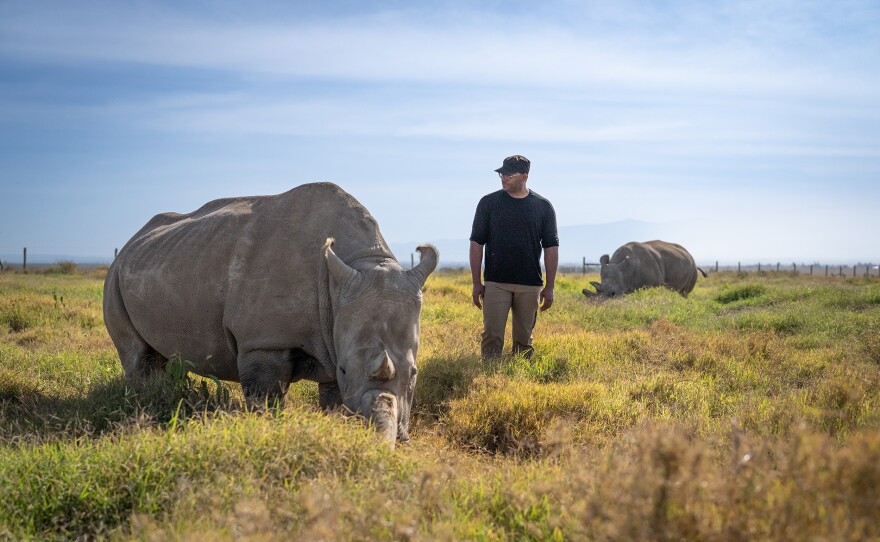Premieres Wednesdays, June 25 - July 30, 2025 at 9 p.m. on KPBS TV / PBS app + Encores Sundays, June 29 - Aug. 6 at 9 p.m. on KPBS TV + Stream Season 1 Now!
PBS’s Emmy-nominated series HUMAN FOOTPRINT returns for a second season. Hosted by biologist and Princeton University professor Shane Campbell-Staton, Ph.D., the series’ six new episodes explore the global impact of Earth’s most ingenious, destructive, and adaptive species…humans.
Follow Shane as he travels the globe and gives audiences a firsthand look at how people have transformed the planet and the millions of species around us. Along the way, Shane meets farmers, scientists, journalists and business owners across Asia, Europe, Africa and the Americas. He discovers that the ways that we reshaped the world have been driven not only by our biological needs but also by our social, political, and cultural identities.
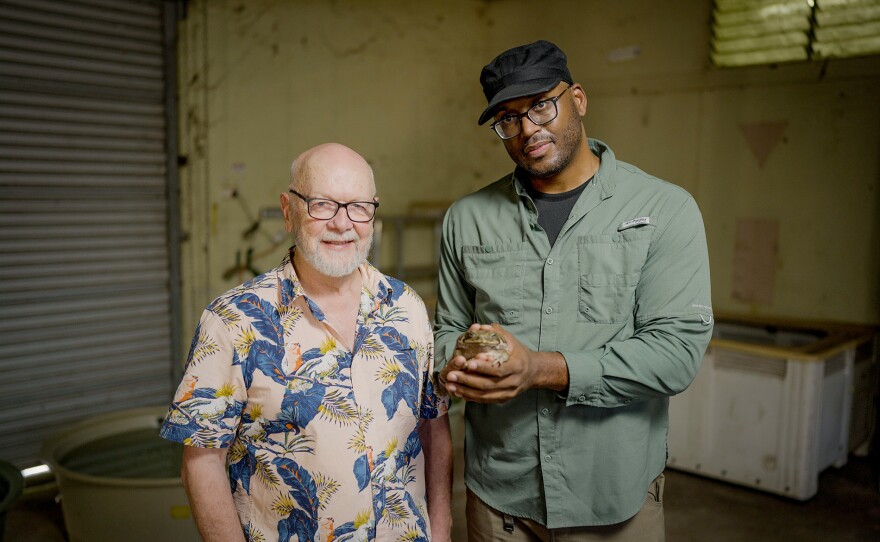
This season of HUMAN FOOTPRINT explores the origins of our complex and controversial global food chain, the alliances humans have formed with species to control other species, and what exactly is happening with bees. The series also examines how fashion has impacted the planet, the human quest to control water, and the species on the brink of extinction.

EPISODE GUIDE:
Episode 1: “Shelf Life” premieres Wednesday, June 25, 2025 at 9 p.m. on KPBS TV - Shane travels from New York City to rural Thailand to explore the Human Footprint of the supermarket – a 20th-century innovation that transformed our relationship with food, reshaping our bodies, our society, and our planet along the way.
Video: The Birth of the Supermarket: How Convenience Took Over the Way We Shop
Video: The True Cost of Shrimp: What the Grocery Store Doesn’t Show You
Episode 2: “The Enemy of My Enemy” premieres Wednesday, July 2, 2025 at 9 p.m. on KPBS TV - In humankind’s conquest of planet Earth, we rely on improbable allies – species we’ve recruited from nature to help us defeat our adversaries. But in this brave new world of “biocontrol,” is the enemy of an enemy always a friend?
Video: The Rise, Reign, and Reckoning of Australia’s Cane Toads
Episode 3: “Dressed to Kill” premieres Wednesday, July 9, 2025 at 9 p.m. on KPBS TV - Take a look in the mirror… do you like what you see? From biotech labs to beaver ponds, from New York Fashion Week to Chile’s textile graveyards, Shane unravels how the trends we chase to fit in and stand out leave a lasting mark on our planet.
Video: Shear Force: How Sheep Reshaped Scotland
Episode 4: “The Honey Trap” Wednesday, July 16, 2025 at 9 p.m. on KPBS TV - Everyone knows the honey bee, but it’s just one species – there are 20,000 others! Humans have depended on bees – both wild and managed – for millennia. But as bee populations collapse around the world, can we save them before it’s too late?
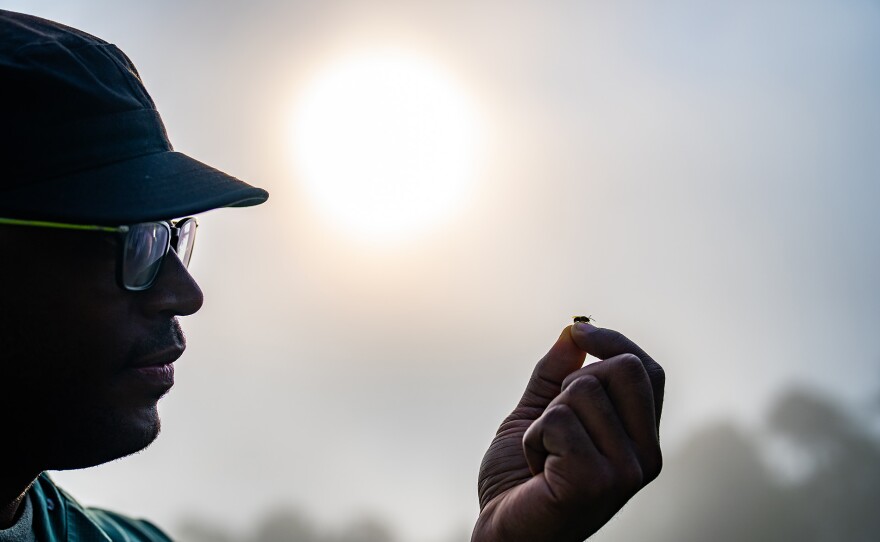
Episode 5: “Dammed If You Do” Wednesday, July 23, 2025 at 9p.m. on KPBS TV - Shane travels from ancient aqueducts to modern mega-dams, following our age-old quest to tame water. On a journey down the Colorado River, he discovers how humanity’s thirst for control has reshaped rivers, ecosystems, and civilization itself.
Episode 6: “Vanishing Act” Wednesday, July 30, 2025 at 9 p.m. on KPBS TV - From fossils entombed in tar to cells frozen in hope, Shane traces the arc of extinction from prehistory to the present. On an epic global journey, he meets species at the brink of oblivion… and the people who won’t give up on them.
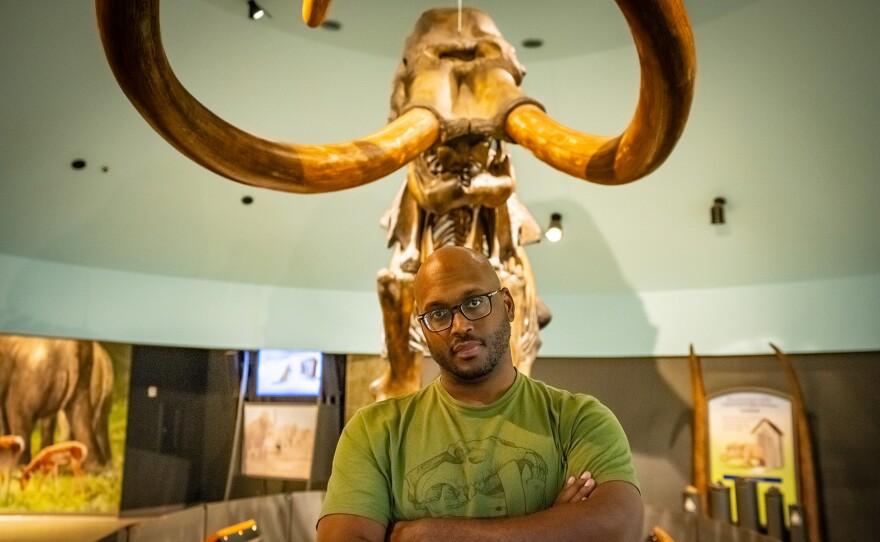
In addition to the broadcast, the digital companion web series will also return with seven new episodes. Launching June 25, 2025, the HUMAN FOOTPRINT digital series expands upon many stories featured throughout the broadcast with additional content, animations, and behind-the-scenes footage from Shane. The series will be released on PBS Terra, the home for PBS’s science and nature programming on YouTube.
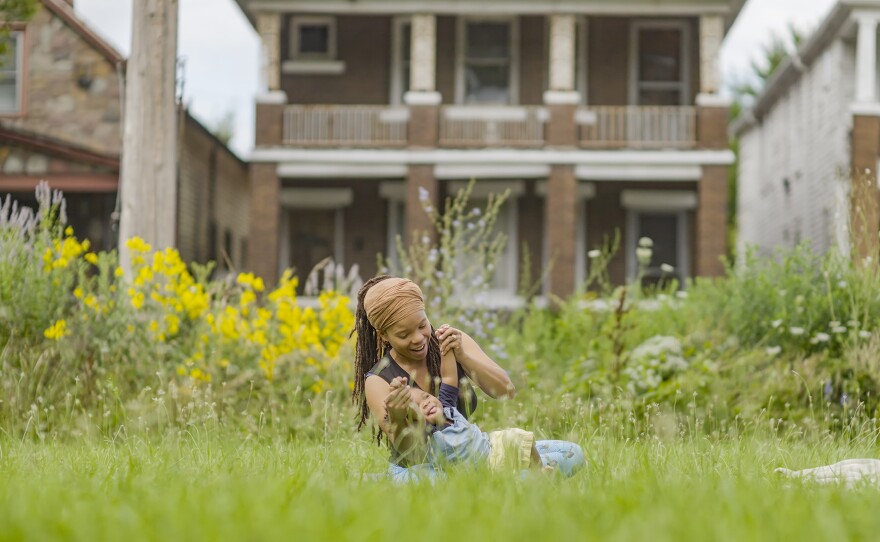
“Yes! We’re back for another season of HUMAN FOOTPRINT to continue exploring what it means to be human in a rapidly changing world,” said Shane Campbell-Staton, Ph.D., biologist and host of HUMAN FOOTPRINT. “Science should be accessible, engaging, and deeply human. We’re so grateful that PBS has given us the space to tell stories with heart, honesty, and a sense of wonder. I can’t wait to share Season 2 with audiences.”
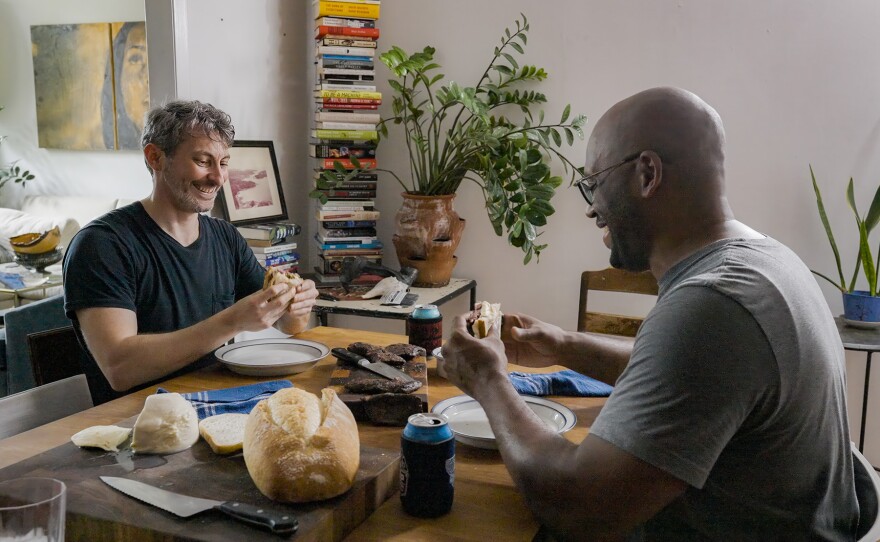
Credits: Produced by Day’s Edge Productions with Nate Dappen, Ph.D., and Neil Losin, Ph.D., as series producers and directors. Diana El-Osta is executive in charge and Bill Gardner is editorial consultant for PBS.
HUMAN FOOTPRINT has been made possible in part through funding secured from Anne Ray Foundation.

